Hit the gym; grab dinner with friends; build a bonfire. These are three evening activities I prefer to watching presidential debates—and I am a political commentator. Few young people watch presidential debates and I understand why.
After Wednesday’s initial presidential debate, I realized that Republicans are failing to exploit the debates and attract independent voters. Instead, Republicans seem to be preaching to the choir.
Fox News Channel (FNC) drew the largest cable audience and 28 percent of FNC’s 10,421,380 total viewers fell into the 25-54 age range. The 25-54 age range also comprised the minority of both CNN and MSNBC’s audiences. The logical conclusions are that most Americans who watched the debate were: A) conservative, since they were watching the debate on FNC, and B) over age 40.
Many Republicans believe that third party candidates steal votes and limelight from the GOP nominee, helping to elect the Democrat. I challenge this concept. I think the GOP could improve its chances of winning general elections by welcoming individuals like Libertarian presidential candidate Gary Johnson into nationally televised debates. Doing so would pressure the Republican candidate to offer stronger, more specific arguments and also draw young people to the debates.
History of the Commission on Presidential Debates
Do you know why we only watch two presidential candidates in nationally televised general election debates? Most Republicans assume that this tradition reflects both the popular opinion of the American people and the Constitution. However, this is hardly the case.
Recommended
The Constitution does not establish a commission (made up of the two main parties) to set the threshold for determining who can debate on television. Rather, the two major parties collaborated to form a “bipartisan” Commission on Presidential Debates to control and sponsor the debates before the 1988 general election. Both the DNC and RNC chairmen told The New York Times that they had no intention of ever including third party candidates.
This year, Johnson is constitutionally eligible for office and his name is on the ballot on all 50 states. He does not, however, meet the Commission’s arbitrary requirement to “have demonstrated a level of support of at least 15 percent of the national electorate, as determined by five selected national public opinion polling organizations...”
Most key polls list President Obama, Mitt Romney and an unnamed third party candidate. Thus, it is essentially impossible for a candidate like Johnson to meet the Commission’s 15 percent requirement.
Many young people avoid televised debates because they do not identify with either major party. So, strategically, I think the GOP would be wise to welcome a third party candidate into nationally televised debates.
Competition makes GOP nominee stronger
Let’s take Romney’s Wednesday debate performance as an example. Whereas Ronald Reagan promised to eliminate the Department of Education in the 1980 presidential debate, Romney sounded like Obama’s echo when he said: “I don’t have any plan to cut education funding and grants that go to people going to college. … So I’m not planning on making changes there.”
Meanwhile, on foreign policy, Romney never expressed a specific plan to address increasing insider attacks in Afghanistan or the fact that one American service member commits suicide every day. Romney’s vague plan for national security was effectively: “I promise to throw more money at the military.” Even Obama pointed out that the military has not asked for Romney’s proposed additional $2 trillion.
Johnson is a successful entrepreneur who embraces what Republicans laud as fiscal responsibility. As the governor of New Mexico, he cut taxes 14 times, used his veto pen 750 times and created a $1 billion budget surplus. Johnson has very specific, fiscally conservative plans to address education (eliminate the DOE) and foreign policy (bring our troops home).
If a third party candidate like Johnson had the opportunity to voice his views on a national stage, I believe it would help a GOP candidate like Romney by forcing him to articulate specific, fiscally accountable plans. Far from hurting the GOP candidate, competition of ideas would help the GOP candidate differentiate himself, develop stronger arguments and attract independent voters.
Transparency attracts youth
Young people feel duped by the political system and do not trust suave politicians. President Obama has failed to deliver on nearly every promise he made—socially, fiscally and with regard to foreign policy. And Romney is not articulating clear plans that address the concerns of war-weary, fiscally hawkish independent voters.
If the GOP expects young voters to seriously consider their free enterprise solutions for the private sector, they also need to support the competition of ideas in the public arena. I believe the GOP will only succeed in getting young people to vote for its candidates by “walking the walk.”
By showing a willingness to take on third party candidates in nationally televised debates, the GOP will present itself as the party of strength and transparency and consequently attract young voters.

















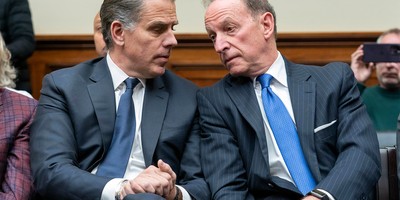

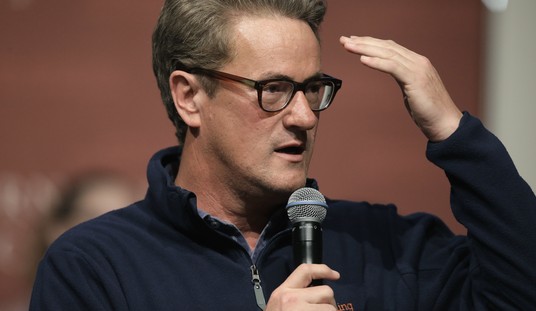

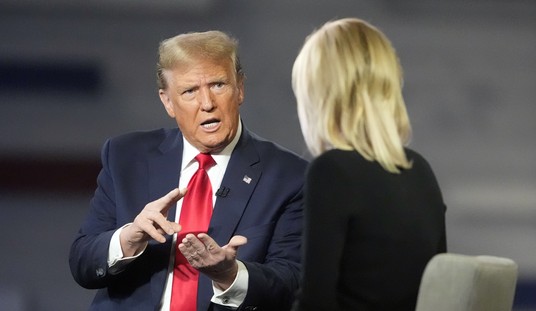
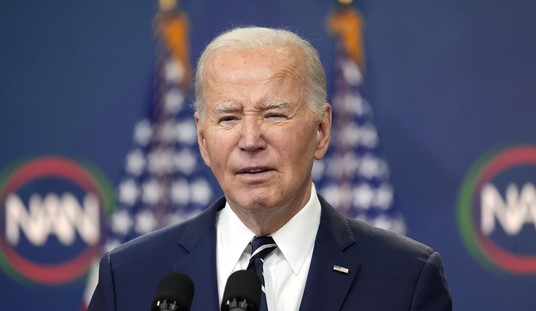

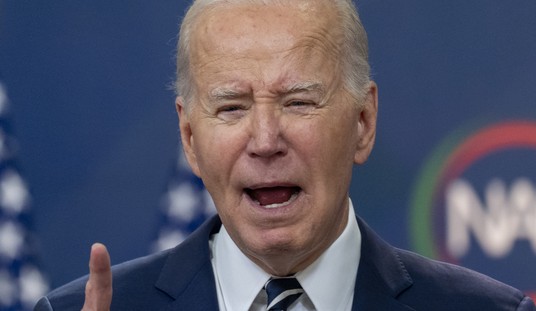
Join the conversation as a VIP Member